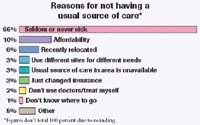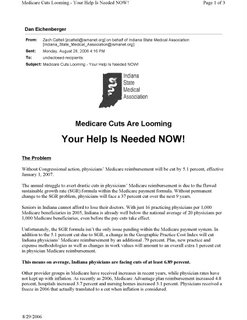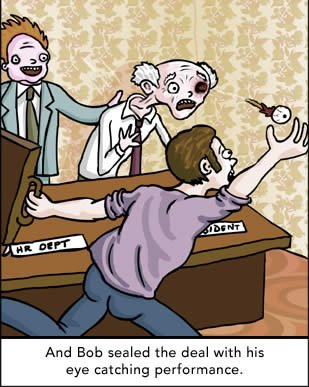
Society has always recognized and accepted the fact that there are underprivileged kids, but we are just beginning to accept the fact that the bigger problem in the 21st century may very well be the over-privileged kids.
These kids are easily recognized because they have been shielded and flattered by their families. They are typically anxiety-ridden or passive-aggressive, depressed, and fearful.
It begins early with playgrounds now being fully padded and parents actually on the playground making sure little “Johnny” isn’t hurt, teased, or taken advantage of. These are the kids whose parents send them to school with sanitizing gels because the bathrooms are no longer safe. These are the kids whose parents have doctors give them diagnoses like difficulty with Gestalt Thinking in order to have them take the SAT test untimed. Parents may call or send letters to teachers complaining about the “C” they received in a certain class. Parents structure their activities and never allow them to fail. If they do fail, someone other than “Johnny” is responsible. There are rarely neighborhood ballgames because every athletic event is carefully controlled and coordinated. Regular playtime is eliminated in kid’s lives. More than 40,000 schools no longer have recess.
We learn through experiences. All experiences aren’t good and protecting children from every bad experience basically sanitizes our children and leads to a failure to cope. Schools are no longer geared for child development but now are purely geared towards academic achievement. Parents will therefore go to excessive means to make sure little “Johnny” is at the top; even if this means making excuses, getting special accommodations, or challenging grades. Grade inflation has become one of the most disastrous policies in grade schools, high schools and colleges. Protecting students from getting what they earn is counterproductive.
If we continue to remove all the discomfort, disappointment and play out of development while increasing the demands for success, we will have kids who are unable to build their creative adaptations to life’s struggles. They become fragile, anxious, depressed and risk-averse.
When these same kids get to college, statistics show they are much more prone to binge-drinking, self-mutilation, eating disorders and other defeating behaviors because they want to fit in or do not know how to handle making decisions for themselves. Studies show that up until 1996 the most common problems from college students were relationship issues. But since then, it is anxiety. These kids have been controlled for so long that they just go crazy.
Kids are losing leadership skills. Believing that only intellectual activities sharpen the brain is inaccurate and wrong. Playing and social engagement with others is more important to improving intellectual skills, fostering decision making, improving memory and thinking, speeding up mental processing and learning the most important skill of conflict resolution vs. conflict avoidance.
Other societal activities that hamper our kids from growing up are cell phones. They have been labeled the “eternal umbilicus” because kids are never too far from mom or dad and being able to have them solve a problem. Calling parents or friends and telling them needless information or making plans to meet in 5 minutes takes away the art of having to actually plan your time and stick with a schedule.
We have become a society of instant gratification. We have instant access to cash, fast food, 24 hour stores, and we therefore expect instant friendships and instant intimate relationships. All of this leads to impatience, frustration, and unwillingness to work out problems and broken relationships.
Harvard psychologist Jerome Kagan found to his surprise that the development of anxiety in children was rarely inevitable despite apparent genetic programming. At age 2, none of the “over-excitable” infants in the study wound up fearful if their parents backed off from hovering and allowed the children to find some comfortable level of accommodation to the world on their own. Those parents who overprotected their children—directly observed by conducting interviews in the home—brought out the worst in them.
We are now giving a label to those 20-30 year olds who still haven’t “grown up”. We now call this time period early adulthood. In 1960, 65 percent of males reached adulthood by this age as defined by living on their own, married, or basically self-sufficient. In 2000, this number had dropped to 31 percent. In women, it went from 77 percent to 46 percent.
Bending rules, making excuses and over-protecting our kids is morally corrosive. The same parents who feel that their kids cannot handle these routine disappointments in life are usually the same ones that believe their kids can handle the separation or divorce of the parents and complete disruption of the family unit.
Children’s sole purpose is not to make his parents look good. A child's calling is to grow up and be productive members of society. Our current culture fails to appreciate this important aspect and therefore will continually be burdened with childish adults that are unable to cope with the stresses of life.





















